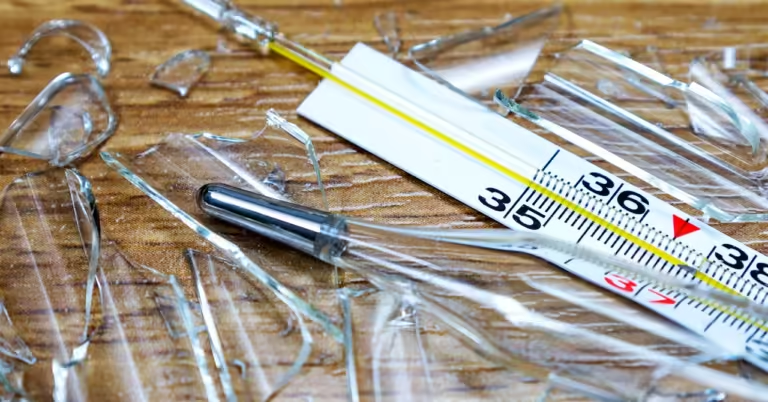Unusual poisonings are not uncommon in Russia; state agents have been known to use everything from polonium-laced tea to the deadly nerve gas Novichok in plots to kill defectors to the UK or domestic political opponents like Alexei Navalny. But this month, the Russian republic of Dagestan saw a new first in its long history of poisonings, when Amina Abakarova, a chess player in her 40s, allegedly tried to poison a rival by sprinkling liquid mercury on and around her chess board.
Malcolm Payne, head of international chess at the British Chess Federation, told Britain’s Telegraph newspaper: “I’ve never seen anything like this before. As far as I know, this is the first recorded use of poison in the history of chess.” Typically, chess rivals resort to “psychological” tactics, Payne said.
Oliver Carroll, The Economist’s Ukraine war correspondent, summed up the situation in a social media quip: “By Russia’s doping scale, it’s probably about a seven out of 10. But still…”
Mercury near the Caspian Sea
This strange tale began on August 2, during a regional chess tournament in Makhachkala, a Russian city on the Caspian Sea coast just north of Azerbaijan. According to the Telegram channel of the Dagestan Ministry of Internal Affairs, emergency services were called after 30-year-old Umaiganat Osmanova felt unwell during the chess match.
Osmanova said she saw small gray or silver “beads” tumble out from under her side of the board, but didn’t think it was strange until she started feeling sick. An article on Chess.com translated part of Osmanova’s statement about what happened: “I still feel sick,” she said. “The first few minutes I had trouble breathing and I had a taste of iron in my mouth. I had to spend about five hours on this board. If I hadn’t noticed it sooner, who knows what would have happened.”
Such symptoms are consistent with exposure to elemental mercury in the liquid or “water-soluble” form sometimes used in thermometers. According to the Cleveland Clinic, this form of mercury “is usually harmless if touched or swallowed because its smooth texture means it isn’t absorbed by the skin or intestines.” But if you inhale it, be careful. Symptoms can appear “immediately” and include coughing, difficulty breathing, nausea, bleeding gums, and a “metallic taste in the mouth.”
Tournament officials reviewed security camera footage, which showed Abacalova walking through a nearly empty room of chess tables about 20 minutes before the start of the match. (One news report said she had casually asked beforehand if the venue had cameras.) In the footage, Abacalova appears to walk up to one particular table, pull out a small vial from her bag, and smear something on the pieces and the table itself.
The security camera footage was quickly posted to the Internet and is available to watch on YouTube.
Dagestan’s Minister of Sports, Sajid Sajidov, posted a note on Telegram after footage of the incident began circulating, claiming that “Amina Abakarova from Makhachkala, a multiple-time winner of these tournaments, applied an unknown substance, which later turned out to be a mercury compound, to the table on which her opponent, European champion Umaiganat Osmanova from Kaspiysk, was playing.”

